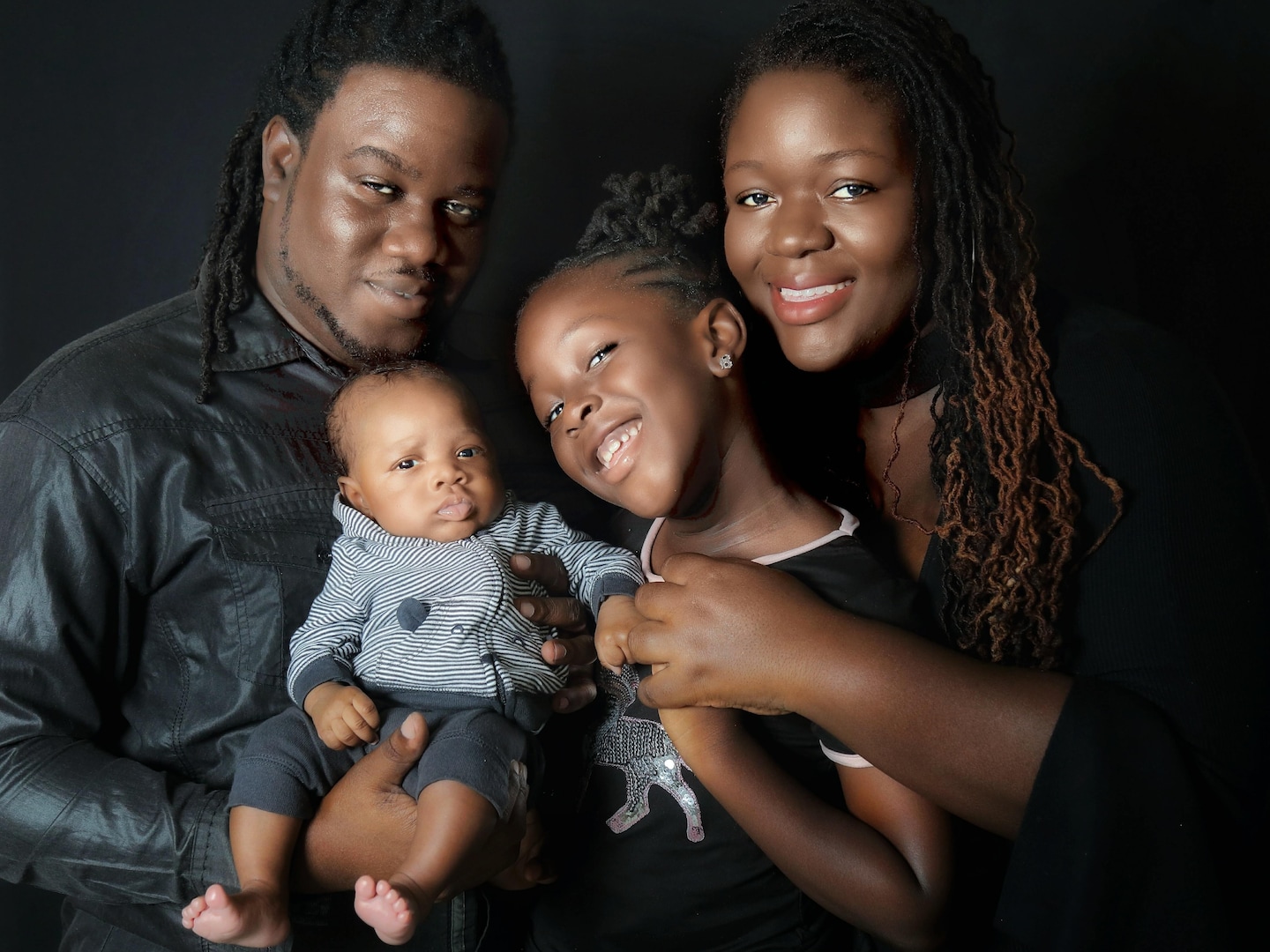Jamaican school now says 7-year-old girl with dreadlocks may attend

The court ruling on Friday sparked a national conversation on dreadlocks, Rastafarianism and identity that has connected with the global movement against racism ignited by the death in Minneapolis of George Floyd. The judges ruled that the girl’s constitutional rights were not breached in 2018 when Kensington Primary’s then-principal told her parents they had to cut her hair to secure her place at the prestigious public school.
While Jamaicans at home and abroad blasted the ruling, Prime Minister Andrew Holness said his government would update the relevant law.
“It is time to review and amend the Education Act,” he said, “to reflect a modern and culturally inclusive position that protects our children from being barred from any educational institution on the basis of wearing locks.”
The child, whose name has been kept out of legal filings, has been attending the school under an injunction for two years while her family pursued legal action. Her mother said last week they would not send the child back if the school insisted on the ban.
Bailey’s announcement Tuesday caught her by surprise.
“We just woke up to this news,” Sherine Virgo said. She said it was “good to know she has a place there,” but she and her husband weren’t sure they would send their daughter back.
They do plan to appeal the court ruling.
“There’s no justice,” Virgo said. “They are still infringing upon our rights and the ruling says once you have locks, you’re a nasty person. The country that you’re a citizen of should be protecting her. But if they’re not doing that, then we have to protect her.”
Sherine and Dale Virgo, who also wear dreadlocks, launched their constitutional challenge in 2018 with the help of the rights group Jamaicans for Justice. They do not identify as Rastafarian, but say that wearing the natural hairstyle is an expression of their identity.
In an opinion released Monday, Judge Sonia Betrtam-Linton said the school was within its rights to impose its policy of “no braids, no beads, no locking of hair.”
“The school, through its then Principal, indicated that her locks are prohibited as there is a possibility that the hairstyle would lead to a lice or ‘junjo’ [mold] infestation. It is my view that hygiene [is] a legitimate aim,” Bertram-Linton wrote. “The objective of creating a more controlled hygienic environment is important to the proper order and effective learning at the school.”
She wrote that the rules did not prevent the girl from “enjoying religious freedom, and the expression of that religious choice and cultural ethnicity to which her parents subscribe in their household.”
Kensington Primary School allows children to wear dreadlocks if they state that they’re Rastafarian. The family’s lawyer, Isat Buchanan, confirmed they would appeal.
“Dreadlocks are banned because it causes lice and ‘junjo,’ but there are exceptions [for] Rastafarians?” he asked.
Jamaicans for Justice said no child should be denied an education because they wear dreadlocks.
“Many children and families across Jamaica have been negatively impacted by this and other unjust rules that police children’s appearance in ways that are unreasonable and discriminatory,” the organization said in a statement. “In many instances, these rules are simply school administrators’ prejudices ‘dressed up’ and formalized.”
Rastafarians make up only about 2 percent of Jamaicans. But the political and religious movement that developed among the island’s poor in the 1930s, and which was brought to international attention by the national icon Bob Marley in the 1970s, has an outsize influence on the culture.
Still, Rastafarians and others who wear natural hair face discrimination in Jamaica. Some schools have explicitly banned dreadlocks and the students who refuse to cut them. After the Virgos launched their challenge, the Ministry of Education issued guidelines for hairstyles, including a directive that dreadlocks must be “neat.”
“These authority figures have the power to impose their backward beliefs on children,” said Carolyn Cooper, a retired professor of culture and literature at the University of the West Indies. “The outrageous claim that locks harbor lice is nothing but an insult to all of us who have chosen to accept the natural beauty of our hair.”
Olivia Grange, Jamaica’s minister of culture, gender, entertainment and sport, said many schools accommodate Rastafarian children who wear dreadlocks.
“It is the position of the Government of Jamaica . . . that no child should be barred from accessing educational services by reason of wearing locks and any gaps in our framework will need to be revisited,” she said. “This and previous Jamaican governments have accepted students wearing locks in schools for many years, some requiring male students to cover their locks.
“This government will do nothing to stop this practice. Locks are an accepted hairstyle in Jamaica, even outside of those who live the Rastafari faith, including members of our national parliament.”






